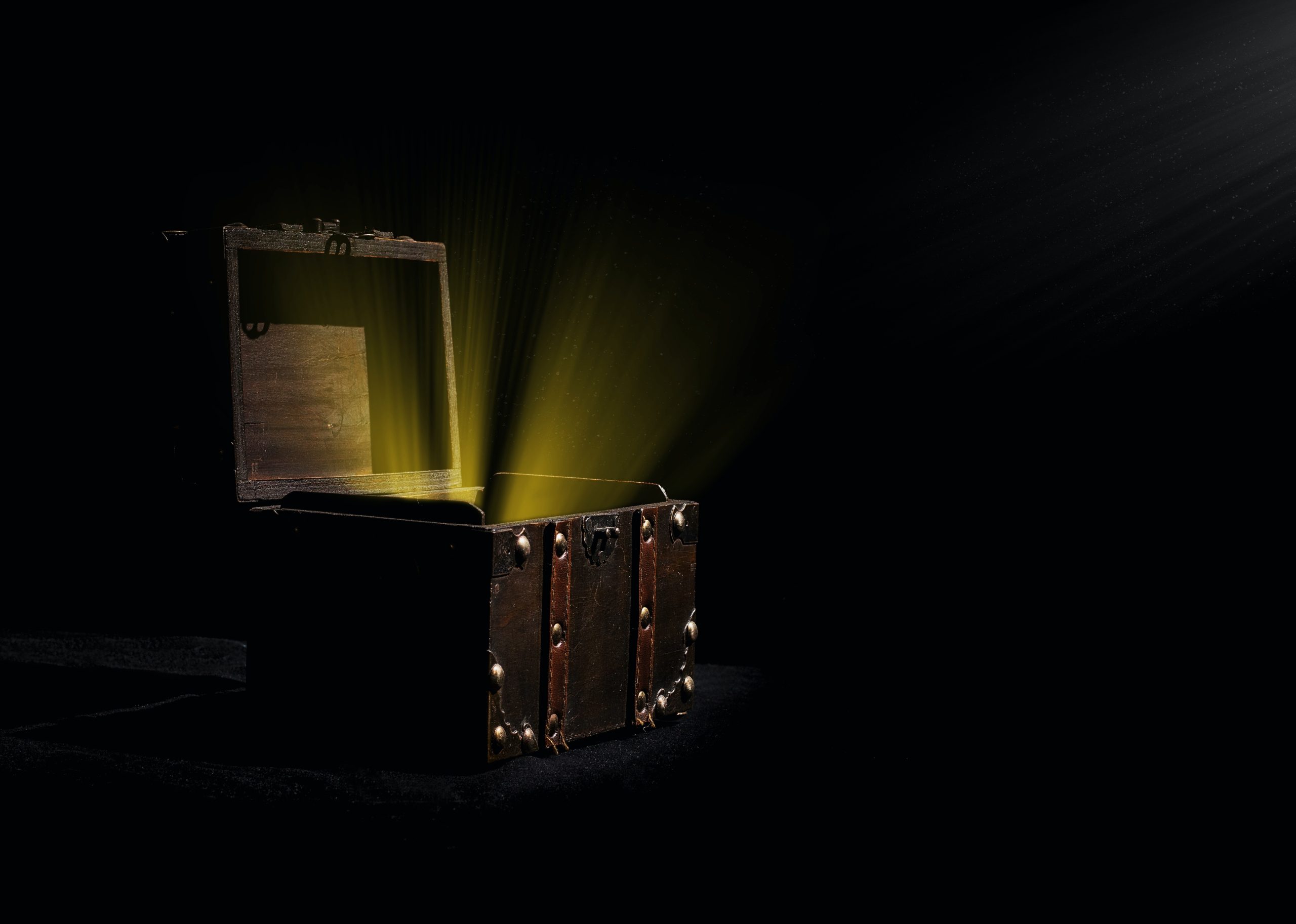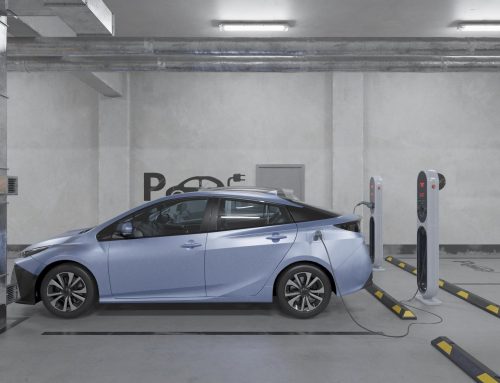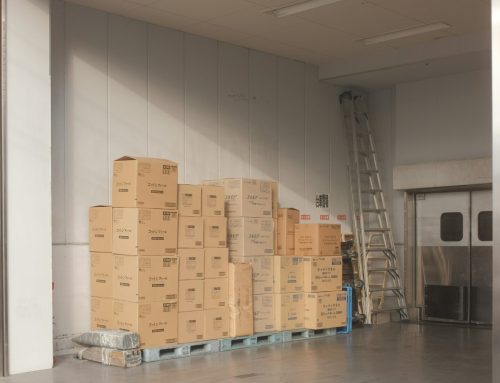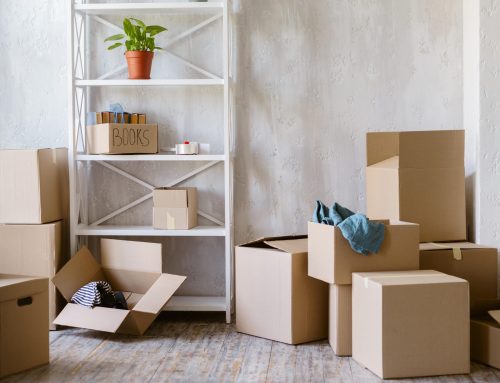Self-storage offers many benefits for individuals and businesses. It’s not only a place to store personal or family items away from home, but you can also use it for your business needs. Most storage providers offer convenient hours, allowing you to access your belongings whenever possible. Another great benefit of self-storage is that it puts you in full control of your belongings. You can choose your locking mechanism, from a simple padlock option to a complex, password-activated digital security system. It guarantees that your items are secure, remain private, and are kept from unauthorised access. Self storage is a more secure alternative to renting garage space.
What is meant by self-storage?
Self-storage is a secure, affordable, flexible and convenient way to store personal, family, or business belongings. Today, its popularity is growing massively, leading to an industry with thousands of storage locations across Australia alone. The concept of storage isn’t a new one. While it originated in the US, it has become common in many other parts of the world thanks to its many advantages over other storage solutions. Storage facilities are run by professionals with experience and in-depth knowledge of what makes a secure storage solution. You cannot compare them to basic attics, garden sheds, or even garages. They are also equipped with all the necessary burglar-proof features to ensure your belongings are safe and secure.
What are the 4 types of storage facilities?
Storage facilities, in general, come in four main types – storage warehouses, containers, lock-ups, and furniture depositories.
-
Furniture depositories
Some removal companies offer their clients storage spaces for their furniture. These are usually in the form of secure warehouse spaces and are particularly helpful when moving abroad or into a rental property. The only problem here is that accessing your furniture may be difficult, as the storage facility may be remote. Also, some storage companies charge their customers for every visit.
-
Lock-ups
Lock-up typical rental units are usually smaller than other storage spaces. In most cases, they cover about 124 sq ft and are very limited regarding what items you can store there. And while they’re usually easily accessible, they are less secure than other storage solutions.
-
Container
Container storage units usually come as shipping containers in a secured location. The shipping containers come in different sizes, which can affect their prices. But while most storage containers are more affordable than warehouse units, they are vulnerable to natural elements. When left outside for too long, nature can have its way, causing rust and dampness that can destroy your stored belongings.
-
Storage warehouse
Storage warehouses are usually large facilities built especially for businesses to store equipment, raw materials, and other business products. They are spacious and have flexible and convenient access with reliable security. The only downside is the cost, as they’re usually very expensive, with the added security features coming at an extra cost.
Your ideal type of storage solution will depend on your needs, budget, size of belongings, and even your location.
Why is it called self-storage?
Self-storage is a short form for self-service storage. While the storage unit may not be yours, you’re responsible for moving your belongings to the unit. And because it’s your responsibility to take care of this step, this type of storage takes the name “self-serve storage,” shortened as self-storage. However, that doesn’t mean you have to do everything by yourself at all times. This storage type has come a long way, and different storage providers offer additional services you can enjoy, including getting professionals to move your items.
Why do you need self-storage?
Self-storage is important for several reasons:
-
Affordability
Self-storage offers a more affordable and less complicated storage solution than alternatives like renovating your home to create extra space or building additional rooms.
-
Security
Self-storage is also more secure and safe than storing belongings with a friend or in a neighbour’s home. You wouldn’t have to worry about people breaking in and making away with your items or your host tampering with your stuff.
-
Variety of uses
Self-storage serves multiple uses for different people. For example, businesses can use it to keep a backup of sensitive documents away from the business premises. Students can use self-storage to keep personal items over holiday breaks, so they don’t have transport back and forth from home to school. You can also use storage to keep personal items when decluttering, keep your vehicle when travelling, and store other belongings you don’t need at home but don’t want to throw away.





